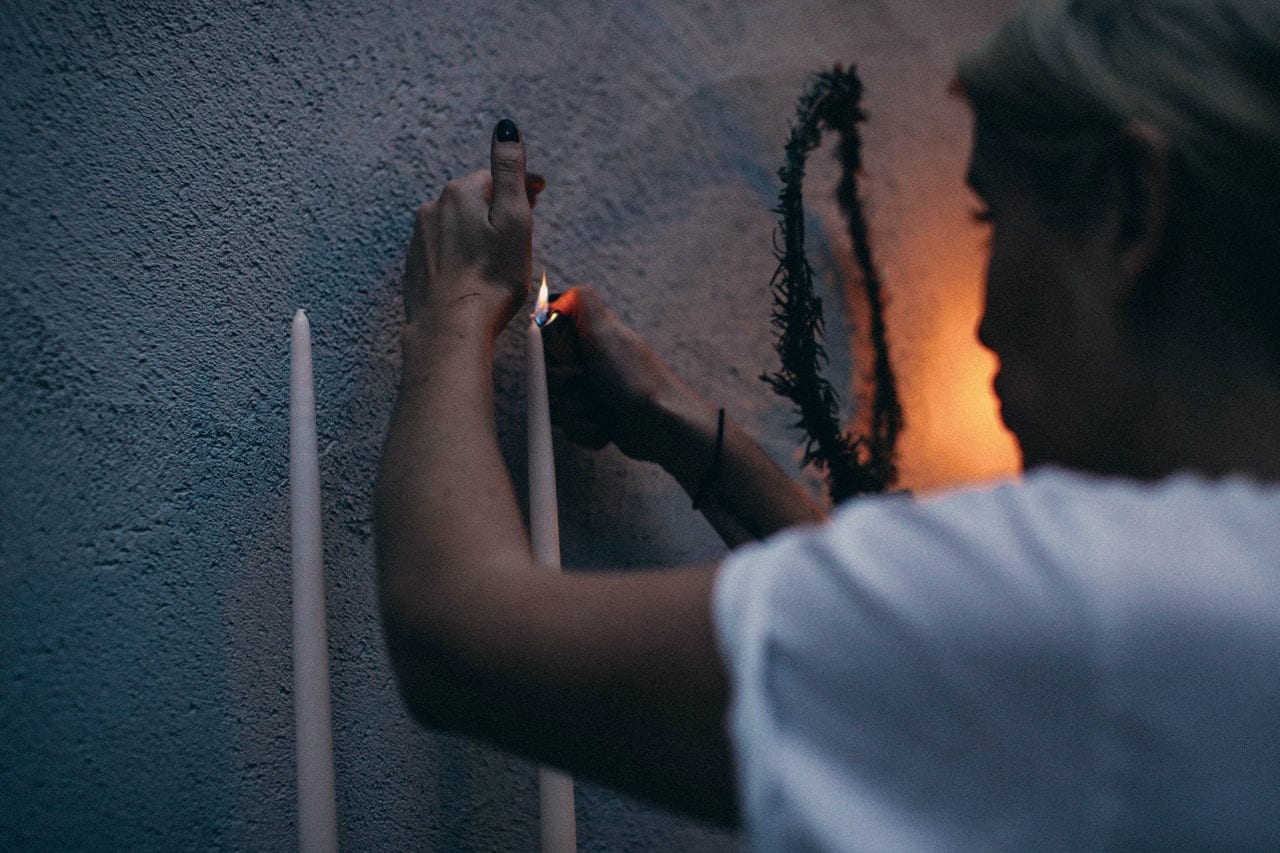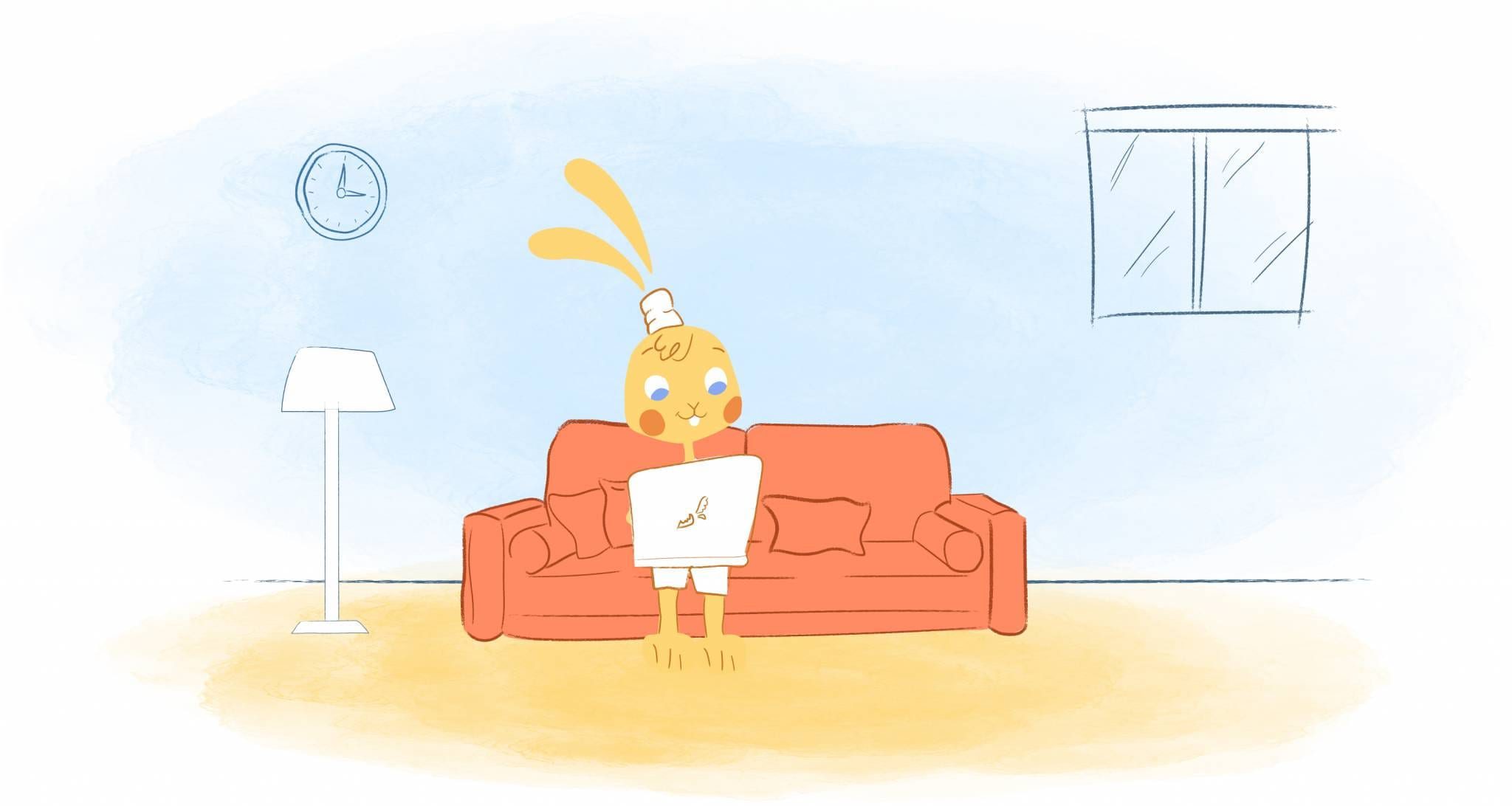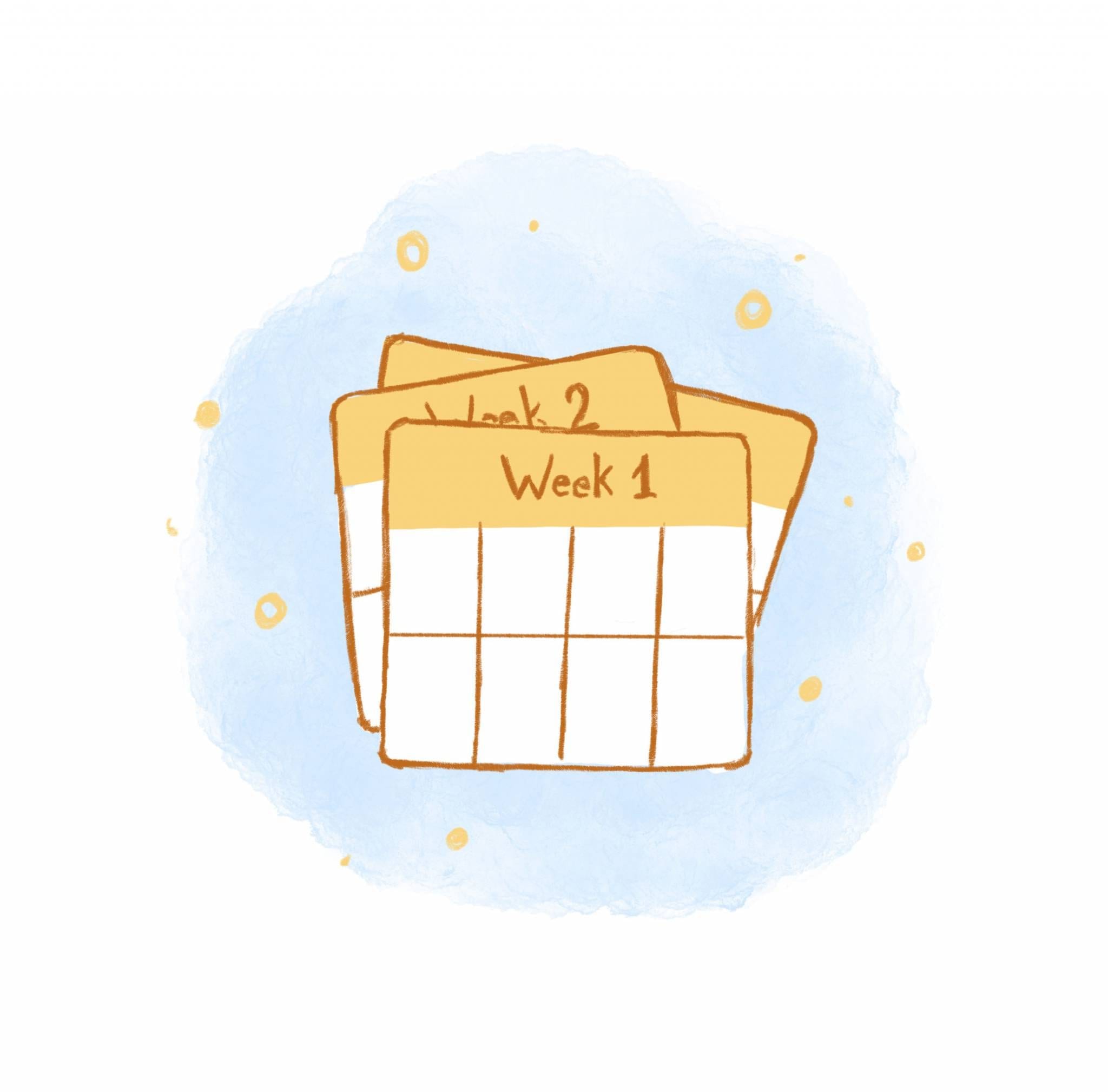

Life in the early second millennium is quite a hectic or even manic one. Modern people try to do dozens of errands and be in several places at the same time. Family matters, household drudgeries, and social responsibilities keep us on the run when we finally call it a day at our work. And the work itself sucks up most of our time and energy.
Moreover, we not only toil at full steam, trying to excel at accomplishing our routine tasks. Pursuing the highest goals, many career-oriented people take on additional assignments and tackle them hammer and tongs. Why? They try to climb the very top of the career ladder. As a result, you become a proverbial Jack whose excessive work and the absence of play turned him into a dull boy. Yet, dullness is too soft a name for burnout – the real scourge of our busy times.
Burnout Scrutinized
All of us feel exhausted or discouraged from time to time, but luckily such doldrums don’t linger. A quiet evening in front of the TV (or a noisy party with your friends), a night of sound sleep – and your batteries are recharged. Although having some similar symptoms, burnout is far more serious and lasting, and it isn’t cured very easily.
The prolonged stressful state of burnout is characterized by the loss of motivation and lack of inspiration that haunts you whatever you might do. Worst of all, it is often caused by something you enjoy doing most of the time. Houston Methodist’s psychologist and behavioral expert Dr. William Orme enumerates other telltale signs of burnout a human organism displays:
– physical and emotional fatigue
– a sense of perpetual anxiety accompanied by irritability
– and atypical moods
The ailment also has some social consequences: being afflicted by it, we disconnect or even distance from our relatives and friends. You simply lose the opportunity of valuable communication with people you enjoyed.
It is quite easy for onlookers to recognize a burnt-out person. Dressed in a bathrobe, they sit staring at their computer screen or ceiling for hours, unable to get down to work. When they finally do, they procrastinate and tend to take a break almost at once. If anyone inquires whether there is a problem, they bark and snap-in response without any apparent reason.
Once the working hours are over, they continue to gaze into space, and any suggestions to engage oneself in a favorite occupation are met with a groan.
Burnout Exacerbated
While workaholics have been prone to such exhaustion at all times, the 21st century made this plague more acute and widespread. How come? Ron Friedman explains it by the ubiquity of digital devices around us. Having thoroughly studied the subject in his book The Best Place to Work: The Art and Science of Creating an Extraordinary Workplace, he concludes that our gadgets create a sense of immediate urgency concerning all our errands.
Social psychologist Heidi Grant Halvorson agrees that considering this pressurizing environment is the key reason why many people feel worn out and depleted.
Work-related stresses add fuel to the fire of exhaustion as well. You may have completed a big project on your last legs (both physically and emotionally) and find it hard to muster inspiration for another one. Or your biggest client has just bailed, catching you on the hop and leaving you to conjecture the causes, somehow cope with the shock, and come up with a survival strategy.
Another situation: you are through with your exams and don’t believe you will ever summon motivation for another semester. Or you feel boring with people and things around you. The reasons for burnout may be numerous, and the global pandemic has added one more item to this gruesome list.
A year ago…
The pestilence that hit the world dealt society a mighty blow, shaking its very foundations. It didn’t only manifest to us the fragility of our civilization. Still, it made us reconsider and alter (for a time, as we hope) our social mores, consumer habits, and working practices. All of such tribulations and transformations are stressful in two respects.
First of all, with some industries brought to a hiatus and others cutting down on the number of personnel or salaries, people lose a sense of security. They are no longer sure that their income source won’t peter out, which is a devastating feeling.
Second of all, being marooned in your lodging does no good for your mental health. We heartily welcomed the first days of quarantine, enjoying the long-missed communication with our family and catching up on the long-neglected chores like reorganizing drawers or sorting out the content of the pantry.
Yet, with weeks of isolation lengthening into months, our initial enthusiasm ebbed. Little by little, we gradually turned into lethargic creatures who can hardly force themselves to do even the things of the moment.
As the surge of COVID shows no signs of abating, we definitely need to take steps to put gas back into our tank and fill us with the vigor and readiness for new accomplishments to come.
Surefire Recipes for Overcoming Burnout
Since burnout is a psychological issue and each person’s psyche is unique, there can be no talk of panaceas. So we offer a gamut of ways to re-discover motivation, one (or several) of which is sure to work for you.
1. Restart Spells Rest Art
Intense lifestyle when your duties keep you running like a hamster in the spinning wheel day in day out can’t carry you on forever. At some moment, your organism will revolt and demand a standstill. Since it is sometimes wiser than you, it is sensible to heed the signal and obey it.
So when you feel like you can’t bear all the stress any longer, just give yourself a rest. It may sound lazy, but let yourself relax with your favorite book or TV show. It takes you to feel refreshed and ready for new challenges.
Yet, making a pause in your hassle of routine doesn’t necessarily mean being passive and doing nothing. They say the best rest is switching activities. So, if your humdrum responsibilities send you rushing to various destinations the whole day, it is sensible to allow your body to stay put for a time.
But if you spend most of your working hours in front of the computer monitor, it is time for you to move about a little. Try pottering about in the garden, decluttering your garage, or doing away with the clothes you don’t wear anymore.
If a prolonged rest isn’t possible, take short breaks during your day. By alternating the spans of strenuous work and downtime, you will provide your mind and limbs with distraction and not let your mundane activities become a draining experience. Making such pauses doesn’t mean that your labor productivity will suffer. Just make sure you keep your nose to the grindstone when your energy is brimming over and dip your sails once the wind of vigor slackens.
2. Get That Body Moving
One of the crimes COVID commits is incarcerating people in their homes, which doesn’t bode well for our mental health. So replenishing the amount of physical activity to its pre-quarantine level is essential in combating burnout.
If you aren’t a work-out kind of person, you don’t have to chain yourself to the treadmill. Make a habit of starting your day with a 10-minute walk in the park or around your neighborhood and gradually increase the distance. If you don’t relish exercising on your own, join some virtual class or gym.
3. Simple Things First
As Maslow’s pyramid shows, you can never dream big without getting down to the basics first. So when you feel burnout creeping on you, think physiology. Nutrition, sleep, and hygiene should become those little accomplishments that will serve as a reliable foundation for boosting your mood.
Washing your hair and shaving daily as well as regular healthy meals are small bricks. They will help you eventually rebuild the stronghold of your spirit that was significantly shaken by stressful developments around you.
4. Gadgets Can Wait
For people who lived in B.C. (that is, Before Computers), it was quite easy to leave their work at the office. Now, in the era of the internet and smartphones, everyone carries an office with them, no matter where they go. So when you finally get home, you still aren’t divorced from your work – either physically or psychologically.
This illusion is even stronger when people work from home – either as freelancers or being quarantined. The devices haunt you, causing the perpetual expectance of an urgent call or message. And that is what triggers burnout, not in the least degree. The only solution is to set the time when you are accessible for any work-related contacts and keep your gadget turned off when this time is over.
In this way, you will create a sense of mental security in the off hours and lessen the strain of being on all the time. Whatever the emergency might be, it can wait till tomorrow.
5. Review Your Values
If the only question that comes to your mind as soon as you open your eyes is why I should bother to get up, it is time to ask yourself another one: “What do I live for?.” If it is hard to figure it out by yourself, try talking to the people who know you well. Without finding the proper motivation, you won’t be able to get out of the pit of your burnout.
In his best-seller “Emotional Intelligence,” Daniel Goleman distinguishes two types of motivation. Extrinsic motivation comes from external incentives, such as a promised reward, expected financial gains, or a desire to avoid punishment. Intrinsic motivation depends on inspiration coming from within ourselves.
The first type is a powerful stimulus to push you in the right direction if you remind yourself that you will get a promotion and a salary increase once you have accomplished the project. Yet, as Heidi Grant Halvorson warns, this can boost your motivation just for a short while.
The second type stems from something really meaningful for an individual that stays with you for most of your life. Goleman recommends focusing on it and envisioning the ultimate goals you aim to achieve to become a better version of yourself. Moreover, it is important to stress what you have instead of lamenting what you don’t or might have had. Such wistful regrets are destructive and won’t bring you anywhere. Learn to value what you have and be grateful for it.
6. Help Yourself by Helping Others
As Dr. Vivek H. Murthy argues, service to other people greatly influences how we feel about ourselves. So looking for methods of dealing with burnout, we should switch the focus from us to those who need help. Such a phenomenon has a physiological explanation. Neuroscientist Richard J. Davidson is sure that being engaged in altruistic behavior activates brain circuits responsible for the sense of well-being.
If you believe that you are the most miserable person in the world, remember that other creatures around you are much worse off. So caring about people or stray animals who aren’t doing so well is rewarding not only in improving their condition but for the sake of yourself.
No one speaks here of some global projects like saving rainforest (although it is a worthy cause). Just contribute some money to the needy. Or bring a homemade meal to your neighbor who can’t get out of the house – of course, staying within the constraints of social distancing. Once you get involved in such charity activities, the huge odds are that your burnout will vanish in thin air.
Conclusion
Burnout is a curse of our busy age that may only worsen in the COVID-afflicted world’s conditions. If left unattended, it may grow into a severe depression requiring prolonged treatment and medication. So when you feel that you are on the verge of it, take steps to nip burnout in the bud following our tips.
Image Credit: rachel claire; pexels; thank you!











Andrey Zagorodniy
A content manager for Lemon.io, Andrey has been creating all kinds of blog posts, landing pages, and social media posts for almost 7 years. "Writing is like a puzzle. First, you spend hours researching and thinking it over and over again. Then something clicks, and you just have the whole text in your mind, ready to be written down" Andrey says.
Andrey has written over 2 million words throughout the last year, and this number keeps growing.